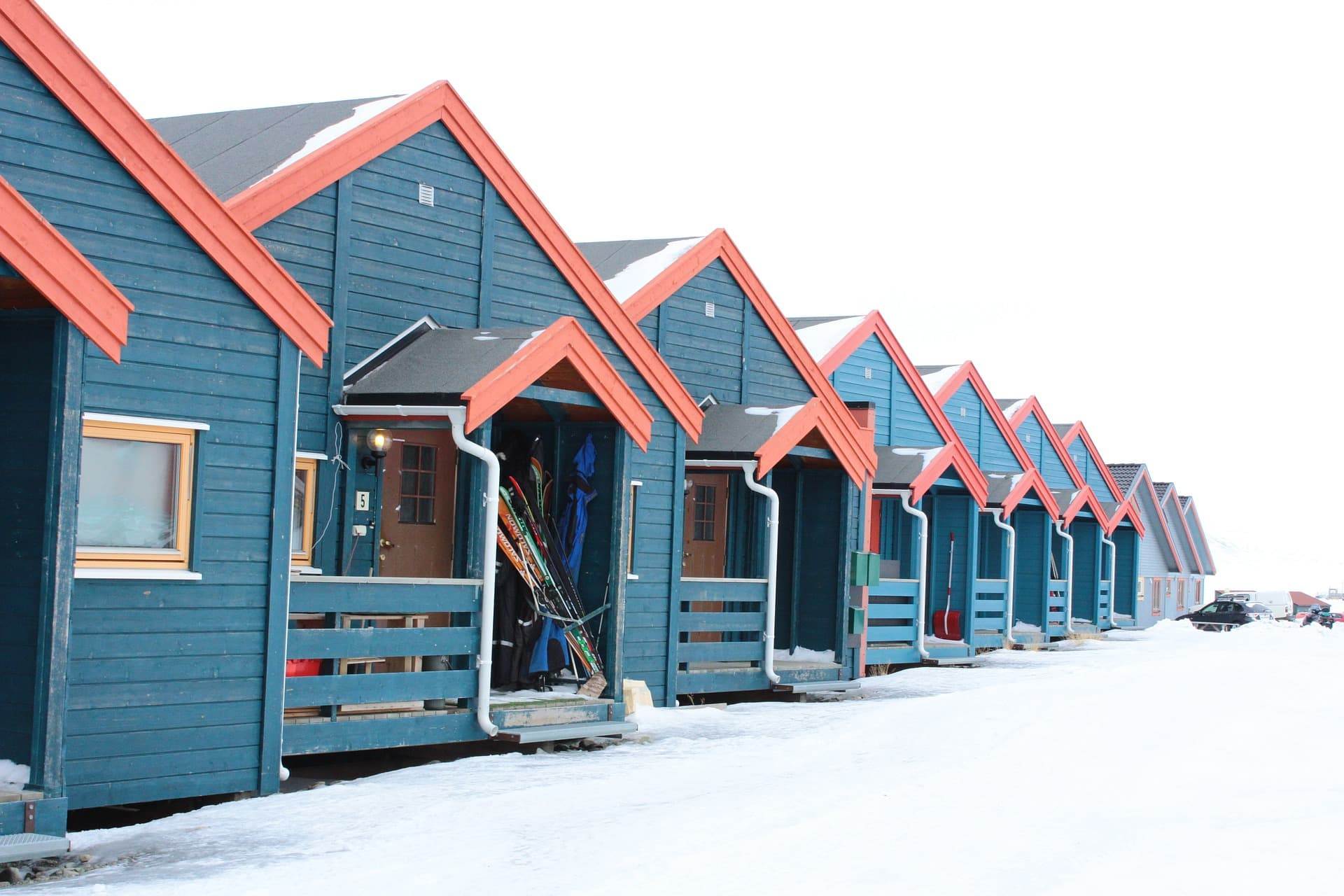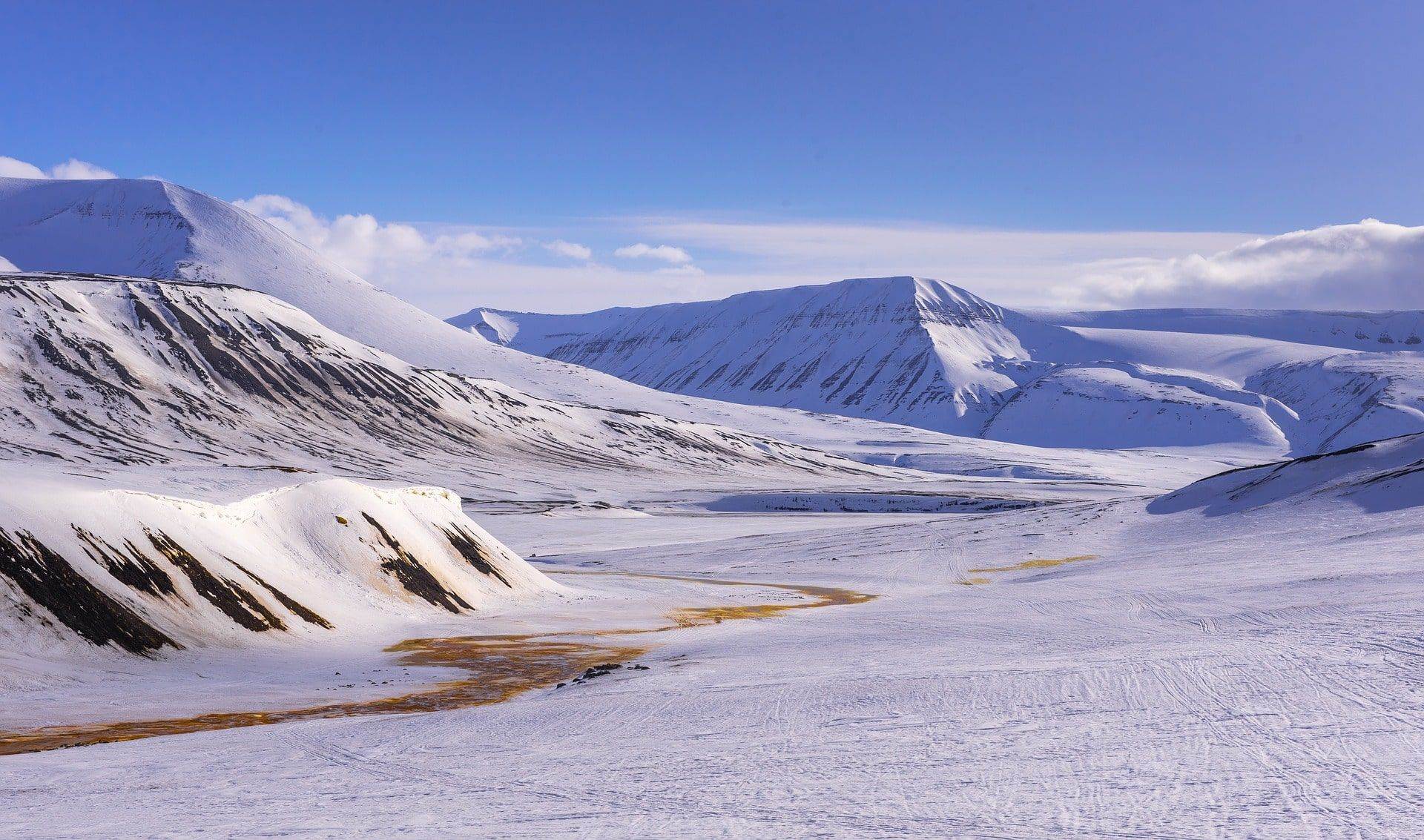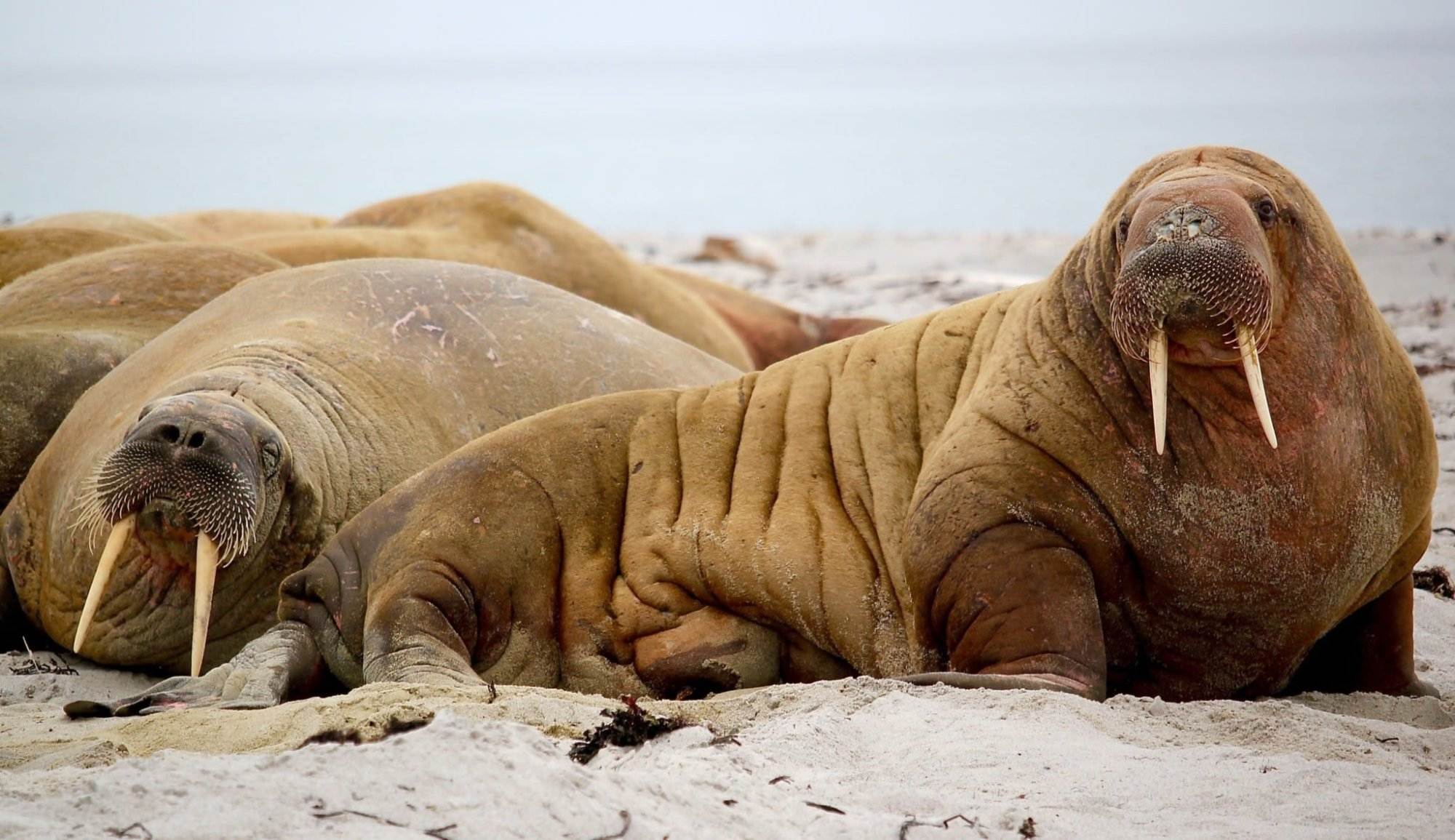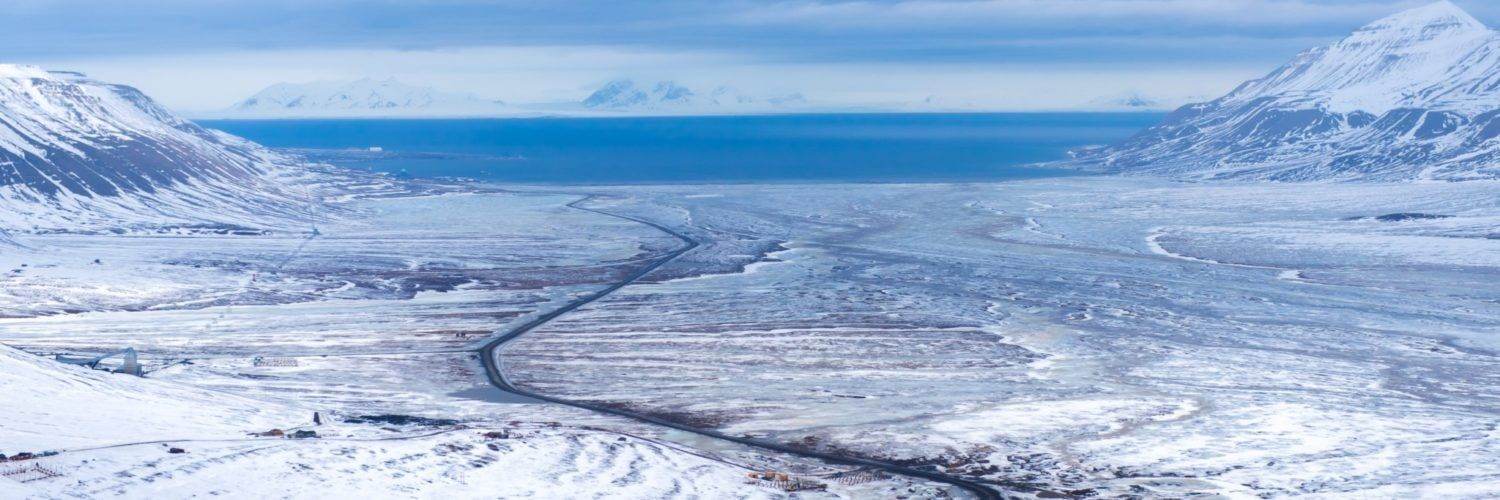The unyielding ice pack, the moving glaciers and sharp-edged mountain peaks make Spitsbergen a fascinating destination. Moreover, you have a good chance to see arctic foxes, seals, walruses and, last but not least, polar bears. The landscape of Spitsbergen is pure and raw, but the appeal of this environment, far away from our everyday existence, is magical.
Table of Contents
- Unveiling the Wonders of Spitsbergen
- Longyearbyen: Discovering the Arctic Charm of Svalbard’s Capital
- Best travel time to Svalbard
- Flora and fauna on Svalbard
- Wrapping up

Located in the Arctic Ocean, Spitsbergen is the largest island of the Svalbard archipelago, a Norwegian territory that will undoubtedly capture your heart. This serene and remote Arctic wonderland is renowned for its majestic landscapes, abundant wildlife, and unique history. Discover the wonders of Spitsbergen, and immerse yourself in the pristine wilderness of the Arctic landscape.
“Amidst the vast Arctic wilderness, Spitsbergen shines like a diamond in the cold, offering unparalleled experiences.”
Unveiling the Wonders of Spitsbergen
Spitsbergen is an island group that encompasses all islands between the 10th and 35th longitude and between the 74th and 81st northern latitude. It lies about a thousand miles from the North Pole and has a total surface area that is roughly equal to the Netherlands and Belgium combined. A few thousand people live on Svalbard in five small and sometimes even very small settlements. Spitsbergen is administratively under Norway.

Longyearbyen: Discovering the Arctic Charm of Svalbard’s Capital
Longyearbyen has a little more than 2,000 inhabitants and is the capital and seat of the Governor of Svalbard. In addition to the Norwegians, around 900 Russians live in the mining settlement of Barentsburg. Ny-Ålesund is a research station where 40 would be made up of different countries in the summer, of which about 20 also spend the winter. In addition, 210 Norwegians live in Sveagruva and 8 Poles at the Hornsund research station. In addition, there are a number of abandoned settlements. These settlements date from the time of the first inhabitants. An example of this is Smeerenburg. Smeerenburg is located in the highest northwest corner of Spitsbergen.
The city was traditionally an industrial city, but most mining activities have moved to Sveagruva since the 1990s. Since then, the city also has an increasing influx of tourists and nature researchers.

The perfect way to discover the islands during a Spitsbergen holiday is by ship. The ship with which you travel brings a large part of the atmosphere and the possibilities on the way. There are small sailing ships with a maximum of 32 passengers from larger expedition ships that can break through the ice again. Which ship you can best explore Spitsbergen with is of course very personal. They all sail less than 1000 kilometers from the North Pole, through the stunning nature of an Arctic wonderland.
Best travel time to Svalbard
Due to the extremely cold climate, it is the best time for a Spitsbergen holiday during our summer. Partly due to which there is a lot of ice outside this period it is almost impossible to sail there. The first ship trips are organized at the beginning of the summer (June), but due to the many drift ice the course is partly determined by this.
You can make a trip to Spitsbergen all year round. Spring is a time when the days get longer and you can participate in husky rides and snowmobile rides.
The months of July and August are best suited to sail around the island of Spitsbergen. It is not certain that you will make it all round (the chances in August are higher than in July). There is always a risk that you will stretch out in the ice in the long strait between Spitsbergen and Nordaustlandet.
“Step into the realm of the northernmost settlements, where daylight dominates darkness or darkness prevails, painting a surreal canvas of nature’s extremes.”
Flora and fauna on Svalbard
Here 60% of Spitsbergen is covered with ice. The famous glaciers caused among the most beautiful ones to be found in this part of the world. The north and west coast of Spitsbergen are characterized by deep fjords including Isfjorden, the deepest fjord with a length of approximately 100 kilometers. The highest peak is around 1,700 meters.

The unspoiled nature, the animals and the small number of tourists make Spitsbergen an ultimate destination for a nature trip, an unforgettable cruise and a group trip.
Large parts of Spitsbergen are protected and the national park status is subject to strict rules. Fortunately, because nature is very vulnerable in these northern regions. The vegetation is mainly found in the fjord areas and has a very short growth period, the temperatures are low, there is little rainfall (200/300 millimeters per year!) And a poor, poorly fertile soil. Only the top layer of the ground becomes frost-free in the summer. Yet there is a surprising variation in plant life.

Bird life is characterized by many breeding colonies and bird cliffs along the coasts in the summer. Thousands of birds populate the cliffs including the olives, guillemots, petrels, puffins and gull species. There are many geese, sandpipers and other waders on the land. Thousands of eider ducks also breed along the coast. It is therefore a very interesting area for birdwatchers. On the land live reindeer, the arctic fox and the polar bear. The sea is populated by six species of seals, four types of whales and fortunately also by the walrus.
“Spitsbergen is the Arctic’s gem, where the polar bear meets the northern lights, and magic comes alive.”
Wrapping up
From its awe-inspiring landscapes and abundant wildlife to its rich history and endless adventure options, Spitsbergen truly offers an Arctic experience like no other. Immerse yourself in the magic of the Arctic wonderland and create unforgettable memories in this extraordinary destination.
Last Updated on April 29, 2023




